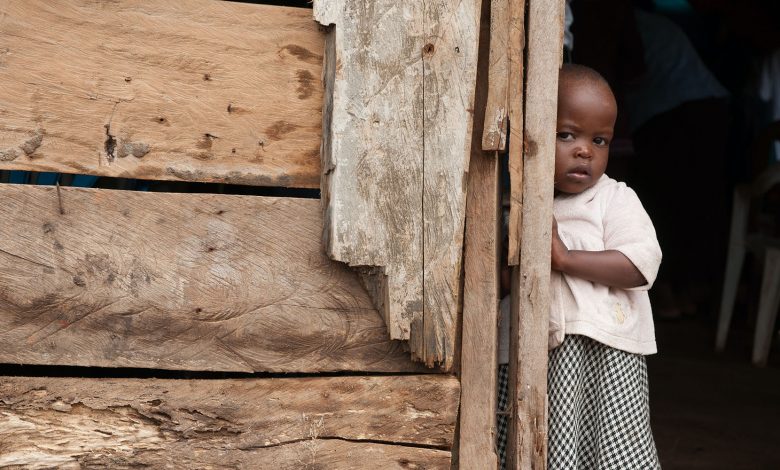
A World Bank report recorded that in 2018 40% of Nigerians lived below the poverty line, while another 25% or 53 million citizens were vulnerable. The number of Nigerians living below the international poverty line is expected to rise by 12 million in 2019–23.
Nigeria experienced its deepest recession in two decades as the pandemic reached its peak in 2020. Growth did resume in 2021 with pandemic curbs being eased and the government made efforts to counter the economic shock.
“The COVID-19 crisis has provided a wake-up call to address the long-standing structural challenges that could constrain the government’s ambition to lift 100 million Nigerians out of poverty,” said Shubham Chaudhuri, World Bank Country Director for Nigeria.
“There is no time like the present for the country to prepare for future climate and conflict shocks and seize the promise of its young population to lay strong foundations for inclusive growth.”
The federal government carried out long-delayed policy reforms in 2020 as part of its COVID-19 response, notably on harmonizing exchange rates, eliminating fuel subsidies and adjusted electricity tariffs, as well as several cuts on non-essential spending.
However, Nigeria’s economic outlook remains uncertain as the prolonged crisis continues to disrupt Nigeria’s labour market. The policy response of Nigeria’s authorities will be crucial to lay the foundation for recovery.
Recouping the learning lost during the COVID-19 crisis, according to the World Bank experts, presents a key policy priority for Nigeria due to the country’s large youth population as Nigerian human capital investment.
